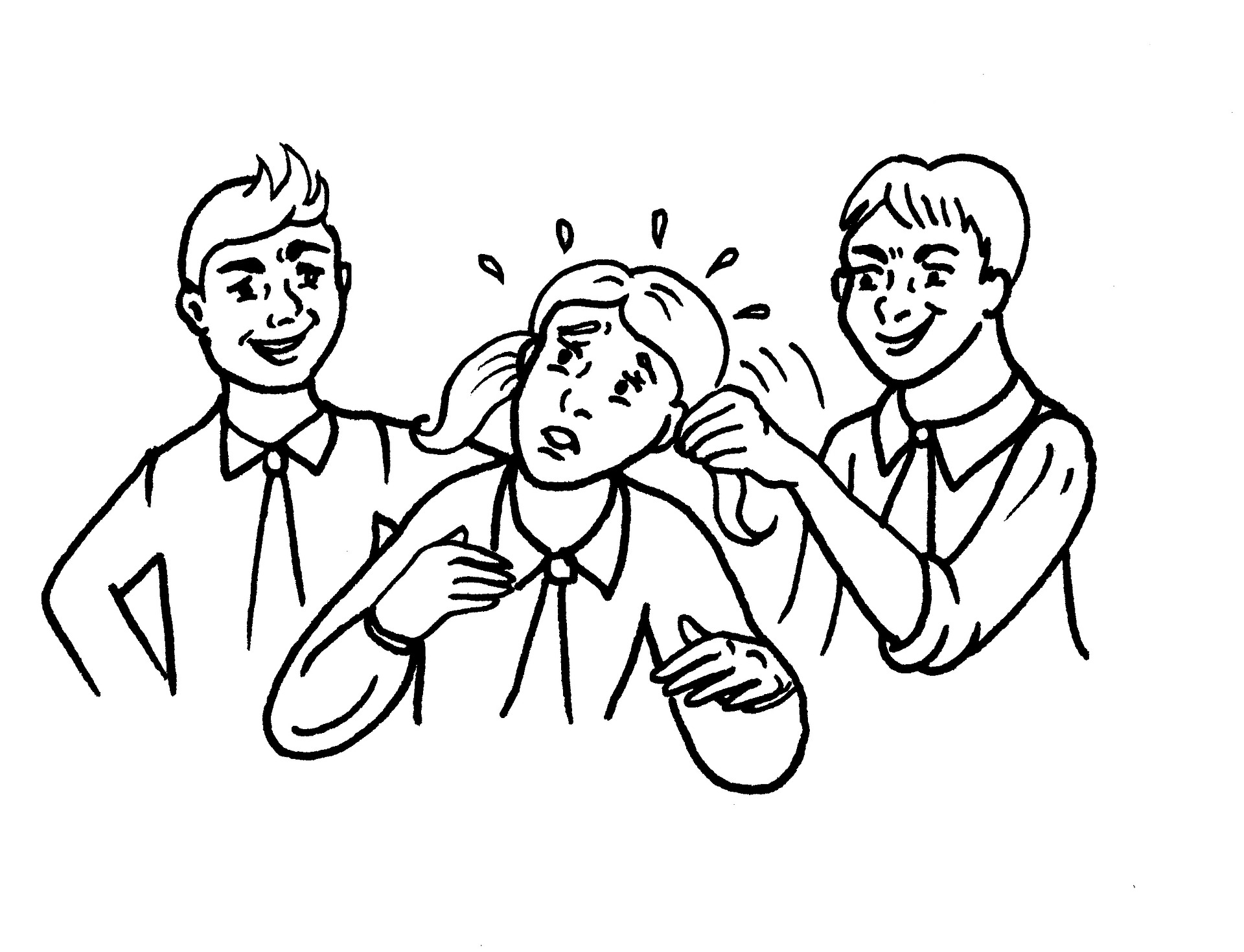
 If you’re like me, you’ve been bullied in the workplace. If you’re unsure, here are some subtle ways that bullying can happen in a work environment:
If you’re like me, you’ve been bullied in the workplace. If you’re unsure, here are some subtle ways that bullying can happen in a work environment:
- Someone makes an offensive or demeaning comment to you or about you to another colleague, and this happens on more than one occasion
- You realize you’re doing an unfair amount of work compared to your other colleagues
- Your boss or co-worker uses profanity and raises his/her voice when talking with you
- You get shut down when trying to speak up during a meeting
- You’re being asked to do something that just “doesn’t feel right” or doesn’t feel “ethical” like lying to a client or omitting important information in a report
If any of these things have happened to you, then you’ve been bullied at work.
Most people associate bullying with school yard name-calling or physical altercations, but bullying can also be very subtle, like in the scenarios above.
While HR is theoretically available to address these things, a lot of people actually don’t speak up or stand up for themselves for fear of consequences.
Why do allow ourselves to be victims of this behavior?
One reason that I already touched upon is fear. FEAR is a reason why we are subjecting ourselves to daily misery and psychological abuse.
But if that’s really the reason, then should it be? What’s on the other side of fear? What are you so afraid will happen if you stand up for yourself?
If you value your quality of life and happiness during the working hours that take up most of your daily life, then isn’t that worth fighting for?
I’ve known people who have become depressed and physically ill because of their work environments, but are so frozen in fear to actually do anything about it.
You have an absolute right to work in an environment that is not destructive to your well-being. While negative interactions may not affect us all that much on a day to day basis, over the course of weeks, months and years – they ultimately take their toll on our health.
Here are some practical tips for how you can overcome that fear and tweak your thinking so that you can take back control over your daily happiness and well-being.
- View your situation as an objective observer. If you see a child being taunted in the playground, you’d probably feel some sense of obligation to help them out or find their parent. So imagine looking at yourself being unfairly demeaned by your boss in her office. Imagine how you may have looked when that happened. If this was someone you cared about being chewed out, you’d probably interject on that person’s behalf. But it’s you. If you wouldn’t let the bullying happen to someone else, then you shouldn’t allow yourself to be subjected to it. We can often forget what’s happening to us in the moment, so taking a step back can put things into perspective.
- Find others. Chances are, you’re probably not the only person being subjected to the bullying. Try to casually bring up the “bully’s” behavior during conversation with other coworkers and test to waters to see if anyone confirms that they’ve experienced the same problem. If you’re not the only one, then set up a time outside of work to discuss the situation with anyone else who’s experienced it. There is power in numbers and use that power to rectify the situation by confronting the individual or filing a formal complaint as a group to the company.
- Assess what is most valuable to you. Not to sound cliche, but our lives are relatively short as a whole. However, that time can seem to drag on if we’re stuck in a negative situation. But, once it’s over, you’ll never be able to reclaim those days you spent being unhappy. Most of my readers are working professionals. At this point in our lives, we have to start valuing quality of life. A lot of us probably told ourselves that after junior high, high school or college, things will be different and we’d be different. A lot of those same people are probably experiencing bullying at some level as a working professional. There’s no next phase in life to tell ourselves that change will happen. We owe it to ourselves to start valuing ourselves and speaking out against unfair or inappropriate behavior directed at us.
“We have two lives, and the second one begins when we realize we only have one” – Confucius
Click here to learn more about my coaching philosophy
Get a free 30 minute session with me!
Until next time,
Natasha
